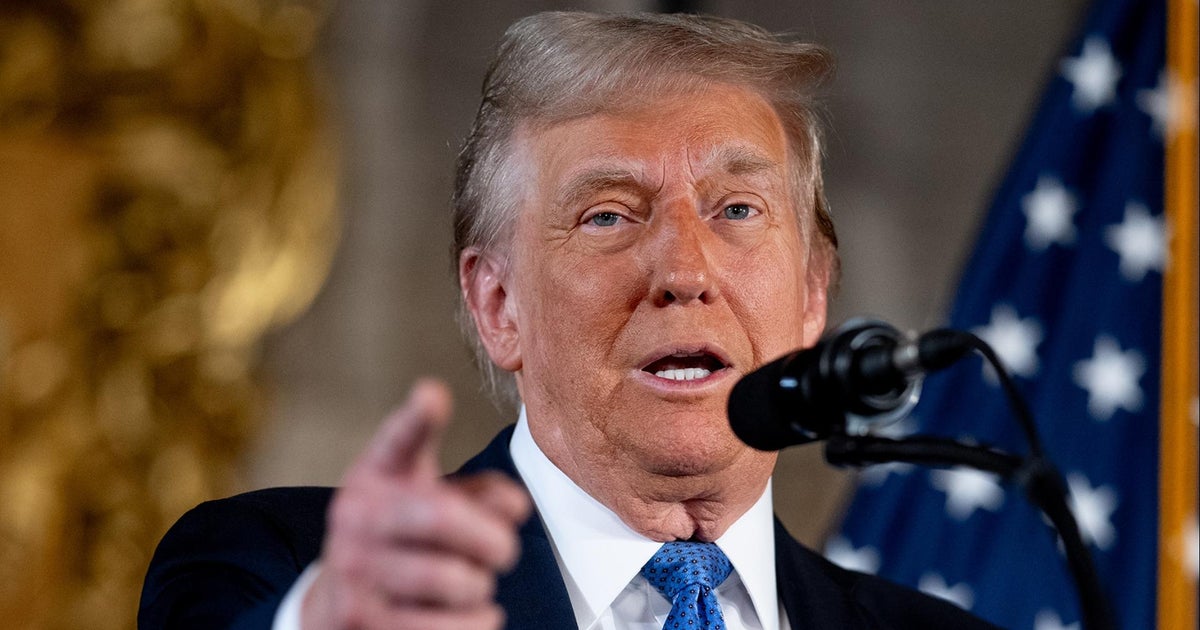Why the new trade deal could make cars cost more
The 11th-hour trade agreement the U.S. struck with Canada late Sunday night avoids the hefty 25 percent price increases from a threatened U.S. tariff on Canadian cars. But new requirements in this revised version of NAFTA -- now known as the U.S.-Mexico-Canada Agreement, or USMCA -- still could mean U.S. car buyers pay more than they are now.
Provisions aimed at ensuring more cars and auto parts are made in North America -- especially the U.S. -- will force some manufacturers to change their pattern of manufacturing, which could prove costly.
Here's a look at two ways the USMCA's provisions could raise car prices for U.S. consumers in the future.
Higher wages
The U.S. aim is to have more cars and auto parts made in this country. Thus the new agreement requires that to qualify for zero tariffs, cars and trucks must have at least 30 percent of manufacturing and assembly work done by employees making at least $16 an hour by 2020. That's about three times what a Mexican worker makes.
This may add some American jobs but it's also likely to raise car prices because any vehicle not qualifying would be assessed a 2.5 percent tariff, the current rate.
For instance, Ford reportedly is planning a new compact SUV to be built in Hermosillo, Mexico, starting in 2020. That vehicle will start off with a 2.5 percent price disadvantage unless Ford can source enough parts in the U.S. or use suppliers in Mexico that pay the new mandatory minimum wage.
Stricter content limitations
Starting in 2020, vehicles must have 75 percent of their components manufactured in the U.S., Mexico or Canada to qualify for zero tariffs -- up from the current 62.5 percent. Any vehicle not qualifying would have to pay a 2.5 percent tariff.
Take the Ford Flex SUV, estimated by analysts at Kelley Blue Book to have 67 percent qualifying content. The Flex is manufactured in Oakville, Ontario.
Rather than change its supply chain, Ford would likely pay the 2.5 percent tariff, according to these analysts. That would add about $1,100 to the most expensive version of the Flex, now priced at $43,590.
With auto manufacturers less free to source parts as they like, added costs could mean less standard equipment in cars and trucks, said analyst Ivan Drury of Edmunds.com. That would reverse a recent trend and make more items optional at extra cost. That, of course, will add to the average cost of vehicles -- already a whopping $35,750 as of the September sales report.
While cars built in Canada escape the price surge from tariffs, President Donald Trump continues to threaten a 20 percent tariff on cars and auto parts from the European Union and 25 percent on other imported vehicles. That would particularly hit German luxury cars.
"Nearly a quarter of vehicles bought by Americans are assembled in countries outside North America," said Jonathan Smoke, chief economist for Cox Automotive. "And a substantial number of vehicles sold are dependent on parts from countries like China that remain in the crosshairs of the administration."




